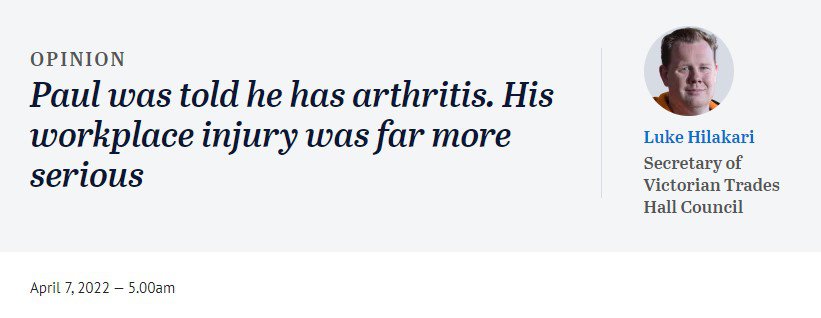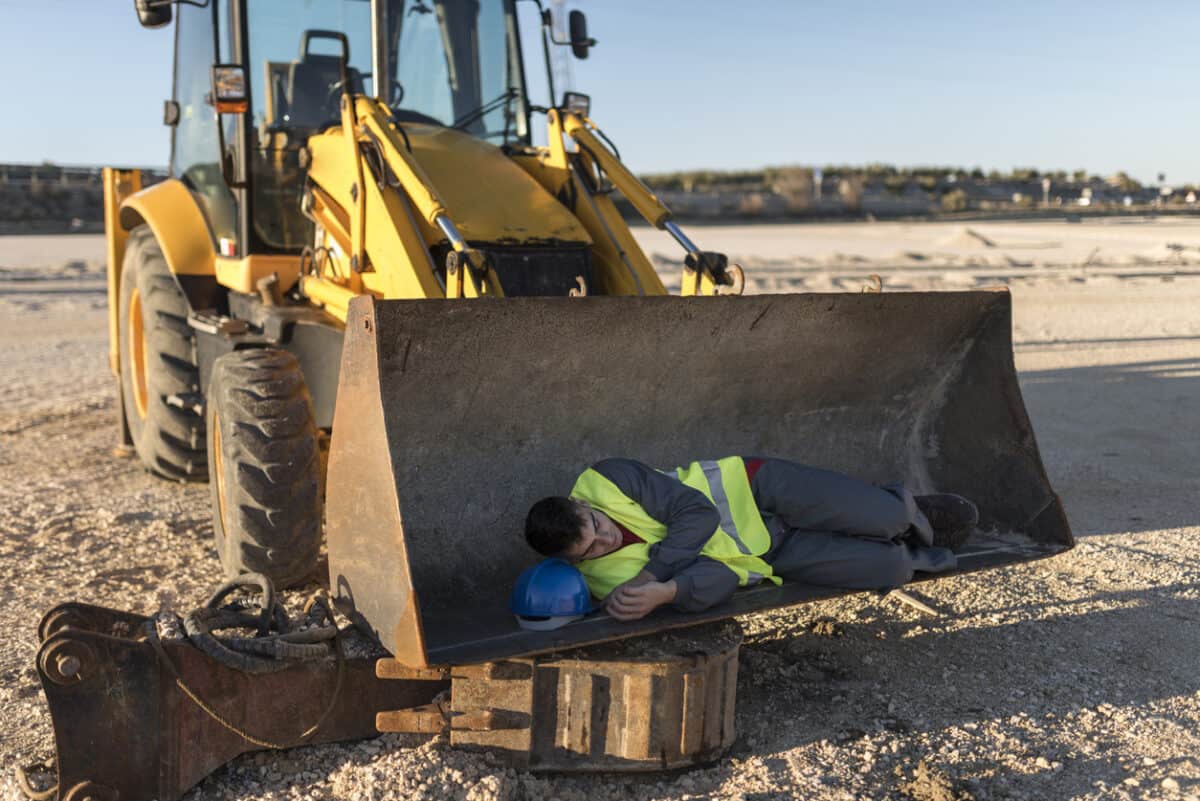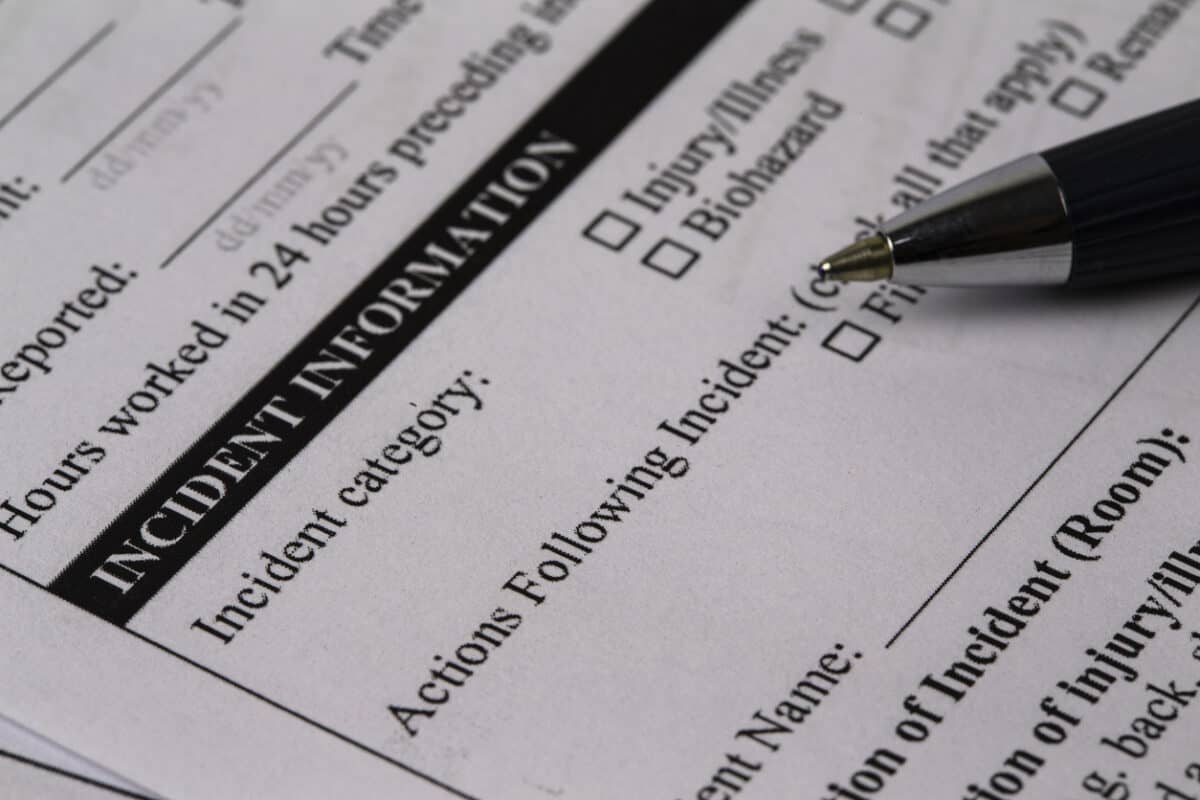A new Human Resources (HR) article shows some promise in addressing the institutional factors that lead to poor mental health in workers.
The website for Human Resources Director asks, “Should HR be concerned about employee economic insecurity?” I would ask, “how can it not be?” given that Australian research over the last twenty years and international research since early last century has identified that job insecurity is one of several major factors in poor mental health for workers and other occupational health and safety (OHS) outcomes. HR should also be anticipating a renewed duty of care from the upcoming national OHS regulations on psychologically healthy workplaces.






